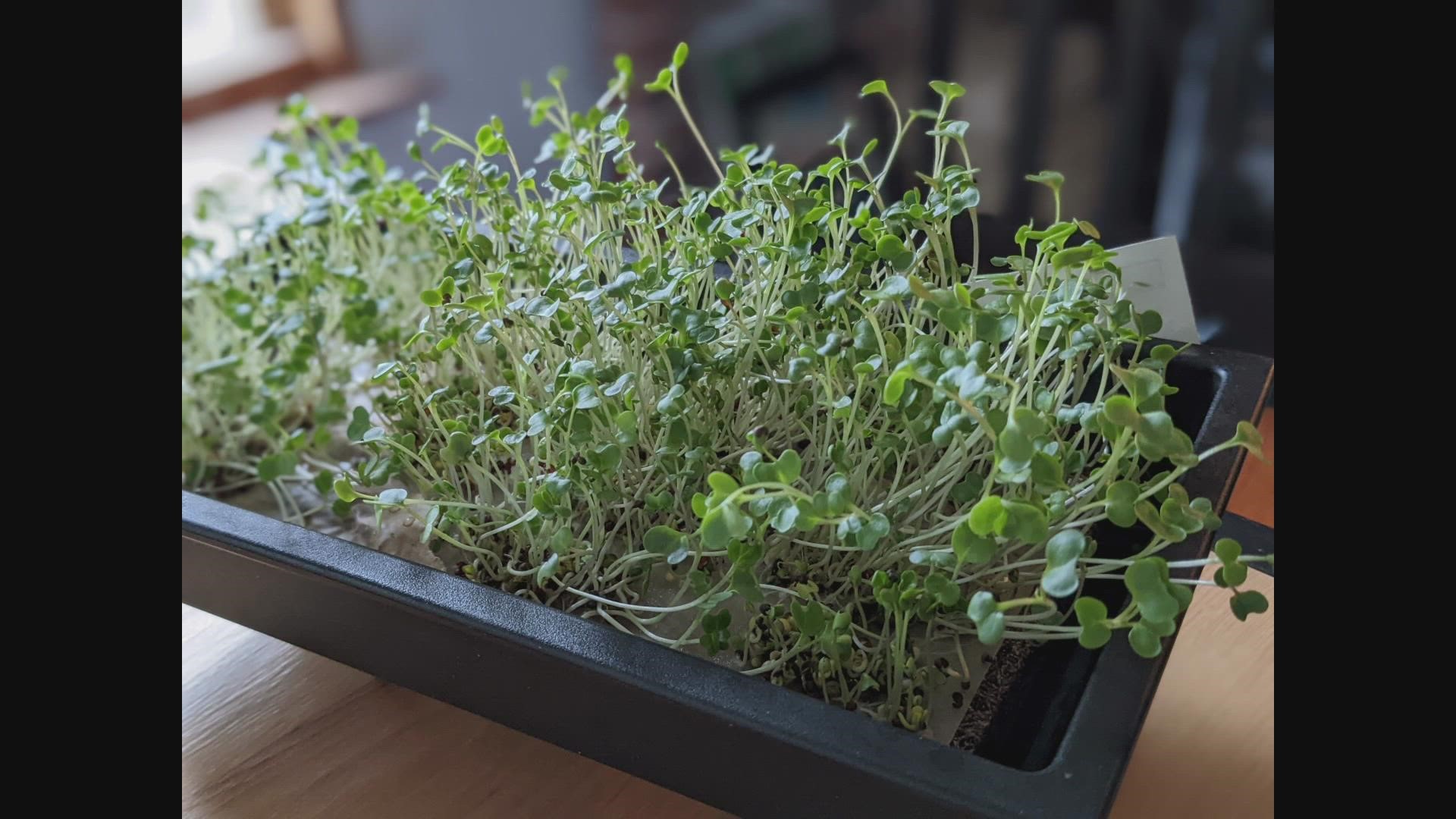ORONO, Maine — Approximately 3 million people across the United States have been affected by inflammatory bowel disease, according to the CDC. The disease is characterized by inflammation of the lining of the intestinal tract.
It can often cause pain and discomfort, and doctors typically take a medicinal route as a way to treat those symptoms.
Causes of such diseases as Crohn's disease and ulcerative colitis aren't entirely clear, but researchers are always looking for new treatment options.
Yanyan Li, assistant professor of human nutrition, Sue Ishaq, assistant professor of animal and veterinary sciences, and other researchers at the University of Maine are studying if broccoli sprouts can help treat or even prevent this disease in humans.
Li and Ishaq believe these sprouts may promote the growth of beneficial bacteria in our guts and can have anti-inflammatory properties.
A number of studies are being conducted to examine the effectiveness of these sprouts.
Li said in addition to studying the effects on rats, they've also studied the effect on humans with and without the disease.
"While looking into the animals, we also are conducting human intervention studies. We feed healthy people and people with inflammatory bowel disease with broccoli sprouts for four weeks and we're going to collect some of the samples to see whether they actually can confer protective effect in humans as well," Li explained.
Li added that researchers believe there's a link between some environmental and genetic factors and gut microbes and the immune system that may explain how this disease is caused.
Ishaq said it's been a team effort to make this research happen.
"One of the reasons we're so successful is because we have such a large team with a lot of different expertise... We have a variety of graduate students who are interested in nutrition, health, and microbiology and we're starting to add more undergraduates who are interested in the same things, as well as going on to medical school after they finish their degree here," Ishaq said.
Ishaq said she expects the studies to continue over the next two years, but she hopes more research will be done even after the UMaine study wraps up.

